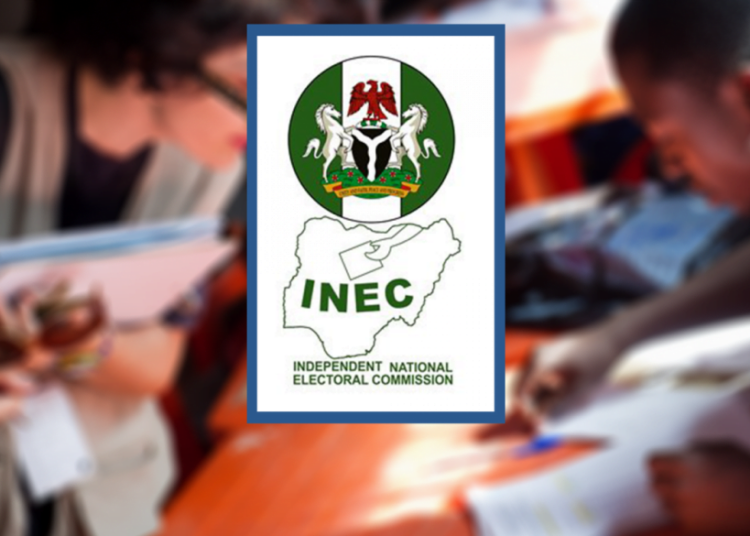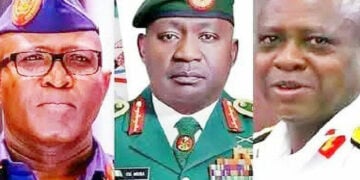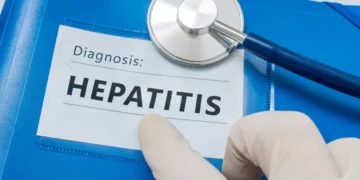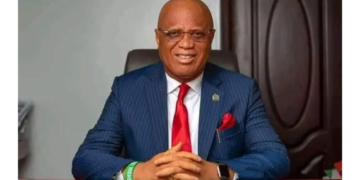Nigeria’s political atmosphere is expected to start getting charged in 2025, as the year marks the mid-term of President Bola Tinubu, National Assembly members, governors, and State Houses of Assembly members elected at the 2023 general election.
As the penultimate year before the primary election ahead of the 2027 general polls, 2025 is projected to witness political realignments, defections, and intense consultations by those intending to contest elections and seek re-elections.
Consequently, these events would shape the political space in 2025.
Anambra Governorship Elections
The Independent Electoral Commission (INEC) fixed the next Anambra State Governorship election for November 8, 2025.
According to the electoral umpire, party primaries for the polls will be held from March 20 to April 10, 2025, and political parties’ public campaigns will commence on June 11 and end at midnight on November 6, 2025.
Thus, the 19 registered political parties would kick-start the sales of expression of interest and nomination forms and other activities before the March 20 – April 10 primary elections.
National Assembly Bye-election
INEC is expected to conduct byelections to fill the existing vacancies in the Senate and House of Representatives. At last count, four seats were vacant in the Green Chamber and two in the Red Chamber.
They include the Ovia North East/Ovia North West federal constituency of Edo State, following the election of Hon. Dennis Idahosa as Edo Deputy Governor, and three others after the death of Hon Ekene Adams (Kaduna), Olaide Akinyemi, Musiliudeen Akinremi (Oyo), and Isah Dogonyaro (Jigawa).
Two of the vacant Senate seats are in the Edo Central Senatorial District, which has been occupied by Senator Monday Okpebholo, who has been inaugurated as Edo State governor, and Senator Ifeanyi Ubah, who, until his death, represented Anambra South Senatorial Zone.
Defections
The gale of defections witnessed in 2024 with the opposition parties worst hit in the National Assembly is likely to snowball into 2025. In the year under review, the member representing the Ukwa East/Ukwa West federal constituency of Abia State, Hon. Chris Nkwonta, the member representing Gumi/Bukkuyyum federal constituency of Zamfara State, Hon. Suleiman Abubakar Gumi, who defected from PDP to All APC.
Also, Hon. Alfred Ajang, who represents Jos South/Jos East federal constituency of Plateau and his fellow member Barkin Ladi/Riyom federal constituency of Plateau state, Hon. Dalyop Chollom, defected from LP to APC.
Furthermore, four members of the opposition party in the House – Erhriatake Ibori-Suenu (PDP, Delta), Tochukwu Okere (LP, Imo), Donatus Mathew (LP, Kaduna), Bassey Akiba (LP, Cross River), and Iyawe Esosa (LP, Edo) joined the ruling APC.
During the defection of the latest Plateau lawmaker from LP to APC, Speaker Abbas Tajudeen jokingly tasked lawmakers and party leaders from the north-central state to ensure that the remaining opposition member from the state, Hon. Daniel Asama.
PDP Convention
All things being equal, the main opposition, the Peoples Democratic Party (PDP), will hold its national convention to elect its substantive national officers. The last substantive PDP national chairman, Senator Iyorchia Ayu, emerged at the party’s elective national convention, which ended in the early hours of Sunday, October 31, 2021. Though Ayu left and Umar Damagum took over in an acting capacity, this year makes it four years since the farmer’s leadership debuted.
Constitution Amendment
The House of Representatives Committee on Constitution Review, chaired by Deputy Benjamin Kalu, has set December 2025 as the deadline for its assignment. The panel also announced recently that it will commence zonal public hearings in January 2025 across 12 states representing the six geopolitical zones.
The states include North East: Gombe and Borno states; North Central: Nassarawa and Niger; North West: Kaduna and Sokoto; South East: Enugu and Imo states; South-South: Bayelsa and Cross River States; and South West: Lagos and Ondo states.
Electoral Reforms
Electoral reforms, particularly the reviews of the Electoral Act 2022, are expected to take place next year. This became clear when the chairman of the Independent National Electoral Commission (INEC), Prof. Mahmood Yakubu, on December 12, said the commission would very soon make a presentation to the Joint Committee of the Senate and House of Representatives on Electoral Matters as they continue to deliberate on electoral reform.
Fate of the Tax Reform Bills
The fate of the tax reform bills, Nigeria Tax, Nigeria Tax Administration, Nigeria Revenue Service and Joint Revenue Board of Nigeria (Establishment) Bills, 2024, is expected to be known next year.
The bills have been controversial, with the Northern Governors’ Forum rejecting the new derivation-based model for Value Added Tax (VAT) distribution proposed in one of them. They insisted that the provision did not align with the interests of the North and other subnational entities.
Article 77 of the Nigeria Tax Administration Bill, 2024 provides that: “Notwithstanding any formula that any other law may prescribe, the net revenue accruing by the operation of chapter six of the Nigeria Tax Act (VAT) shall be distributed as follows- (a) 10% to the Federal Government;(b) 55% to the State Governments and the Federal Capital Territory; and (c) 35% to the Local Governments.
“Provided that 60% of the amount standing to the credit of states and local governments shall be distributed among them based on derivation.”
Amid the controversy, Tinubu declared at his maiden presidential media chat on Monday that “the tax reforms are here to stay. The reform is pro-poor, to widen the tax net so we can have more people paying.”
While the Senate has passed the adjudicated controversial bills for second reading, the House of Representatives indefinitely deferred debate (second reading).
In his remarks during the budget presentation, Speaker Abbas Tajudeen said the House had engaged stakeholders to address concerns raised on the tax reform bills, fostering trust and cooperation. He personally “led numerous high-level meetings and consultations with state governors and other key stakeholders on this issue, achieving positive outcomes.”
2025 Budget
On the day the National Assembly adjourned plenary, it passed the N49.74 trillion 2025 budget (Appropriation Bill) through a second reading.
So, when the National resumes on January 14, the various standing committees are expected to hold budget defence sessions with about 541 Ministries, Departments and Agencies (MDAs).
Thereafter, the standing committees will compile their reports and send them to the Appropriations Committee, which will go through them to ensure each MDA is within its budget envelope.
Subsequently, the Appropriation Committee will present its harmonised report to both chambers at plenary for consideration and passage of the 2025 budget, which will then be inwardly transitioned to the president for assent.





